Our Initiatives -Viet Nam-
Toward decarbonization
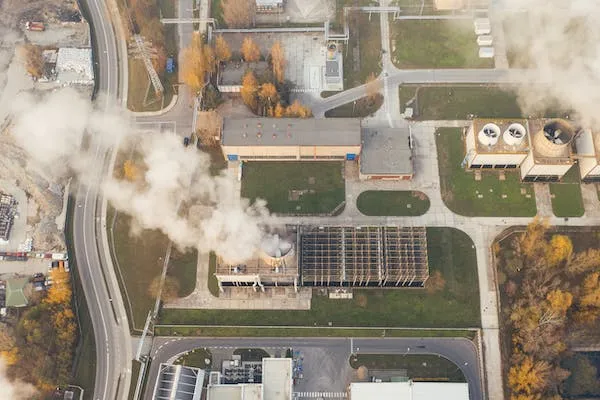 The credit is the difference between the baseline emissions and the GHG emissions from the GHG reduction efforts.
The credit is the difference between the baseline emissions and the GHG emissions from the GHG reduction efforts.
Type of carbon credits
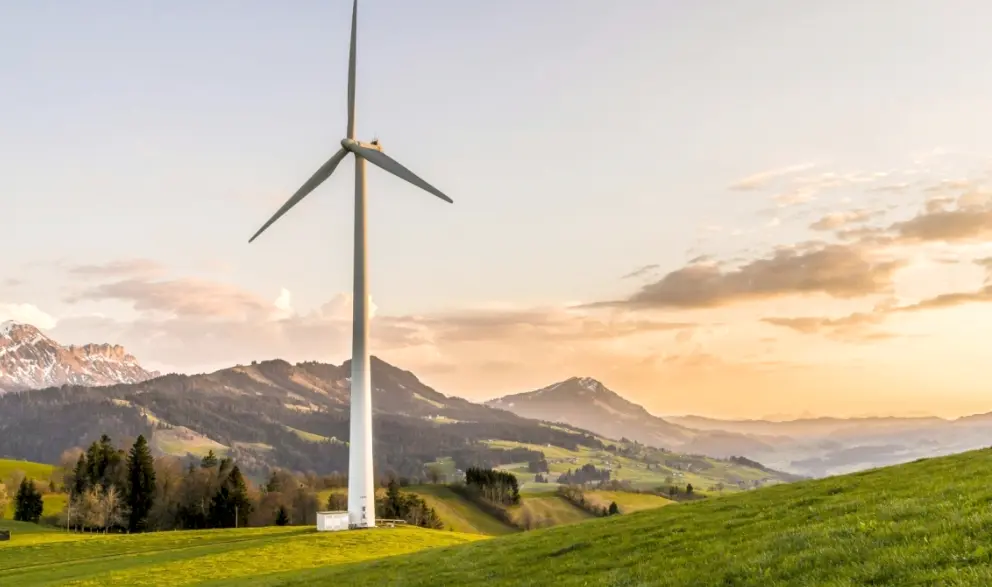 The following is an easy-to-understand introduction to carbon credits and other typical carbon credits that are being handled today.
The following is an easy-to-understand introduction to carbon credits and other typical carbon credits that are being handled today.

What is carbon credit?
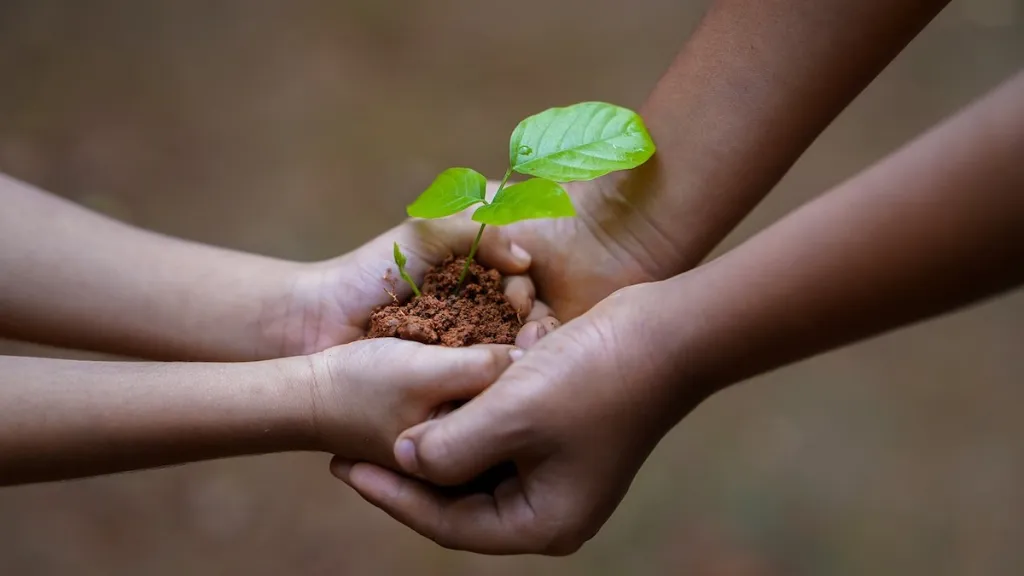 The credit is the difference between the baseline emissions and the GHG emissions from the GHG reduction efforts.
The credit is the difference between the baseline emissions and the GHG emissions from the GHG reduction efforts.
Our Initiatives -In the world-
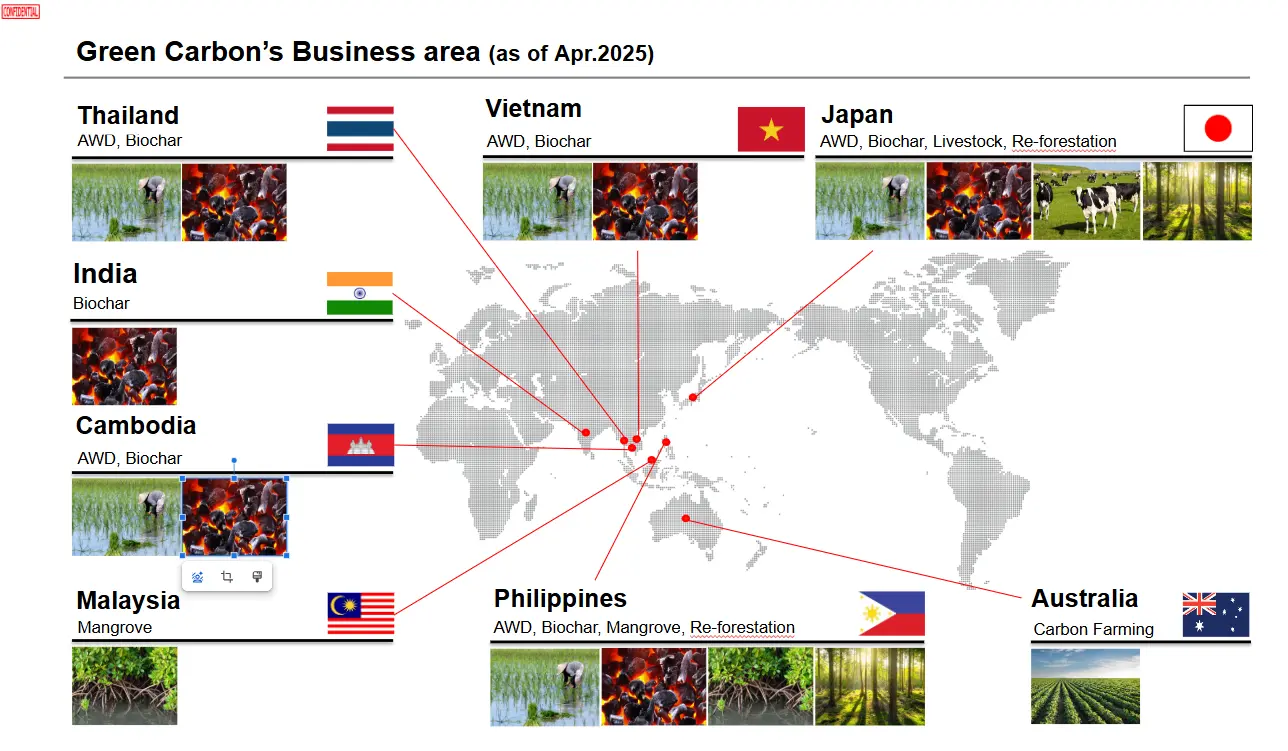
Carbon farming

Utilizing the VM0042 and VM0021 methodologies, we are working on a project to generate carbon credits through carbon farming. In Australia, we have applied for farmland to ACCUs and the registration has been completed. In Costa Rica, we are working with JICA and IDB Lab to conduct a demonstration project with a local company.
Forestry and afforestation (REED+/ARR)
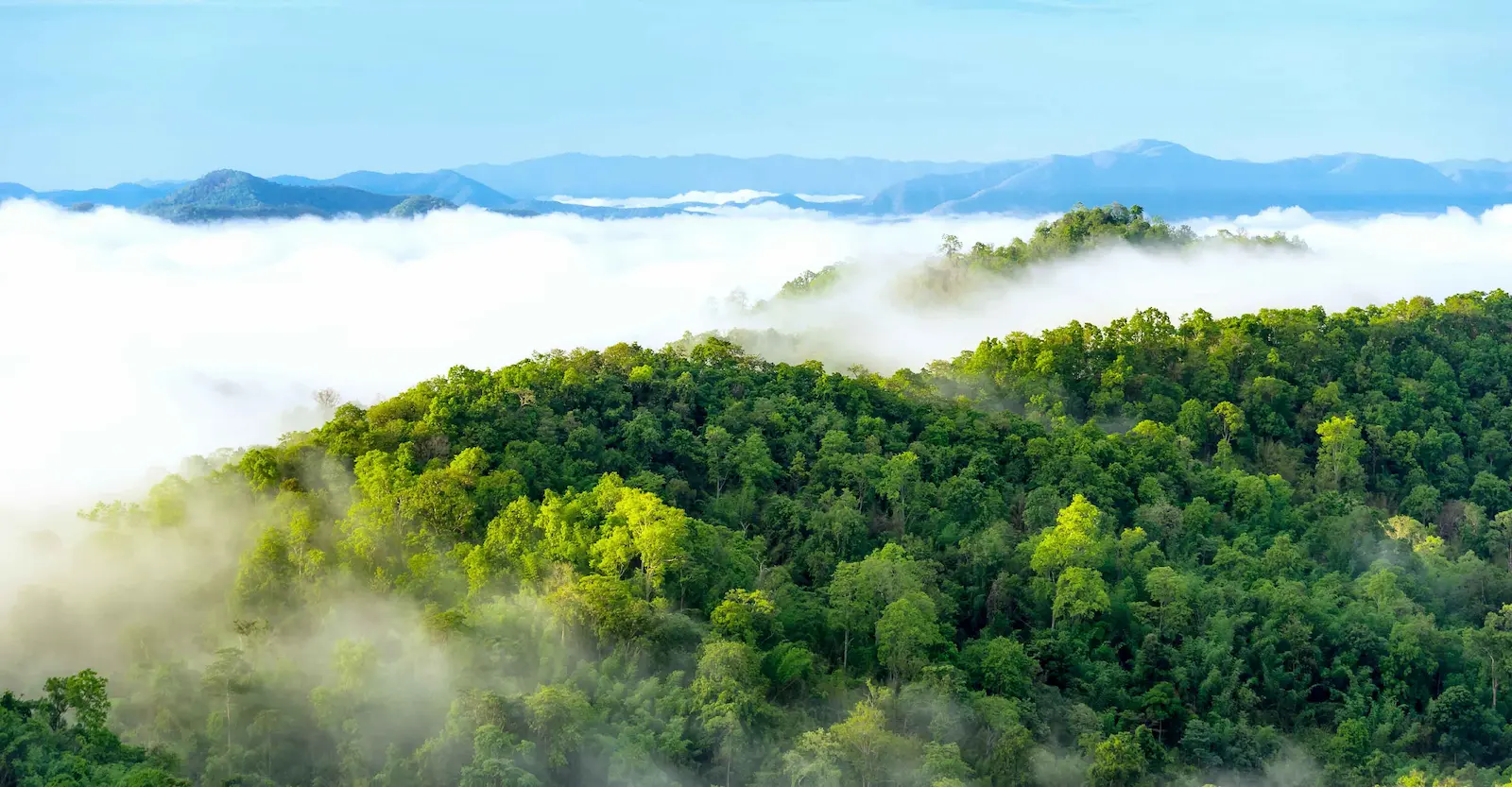
In Japan, we are promoting a project to generate carbon credits through forest absorption, utilizing the FO-001 methodology for J-credits. In addition, we are also promoting a REED+/ARR carbon credit generation project in the forests of the southern Philippines.
Mangrove
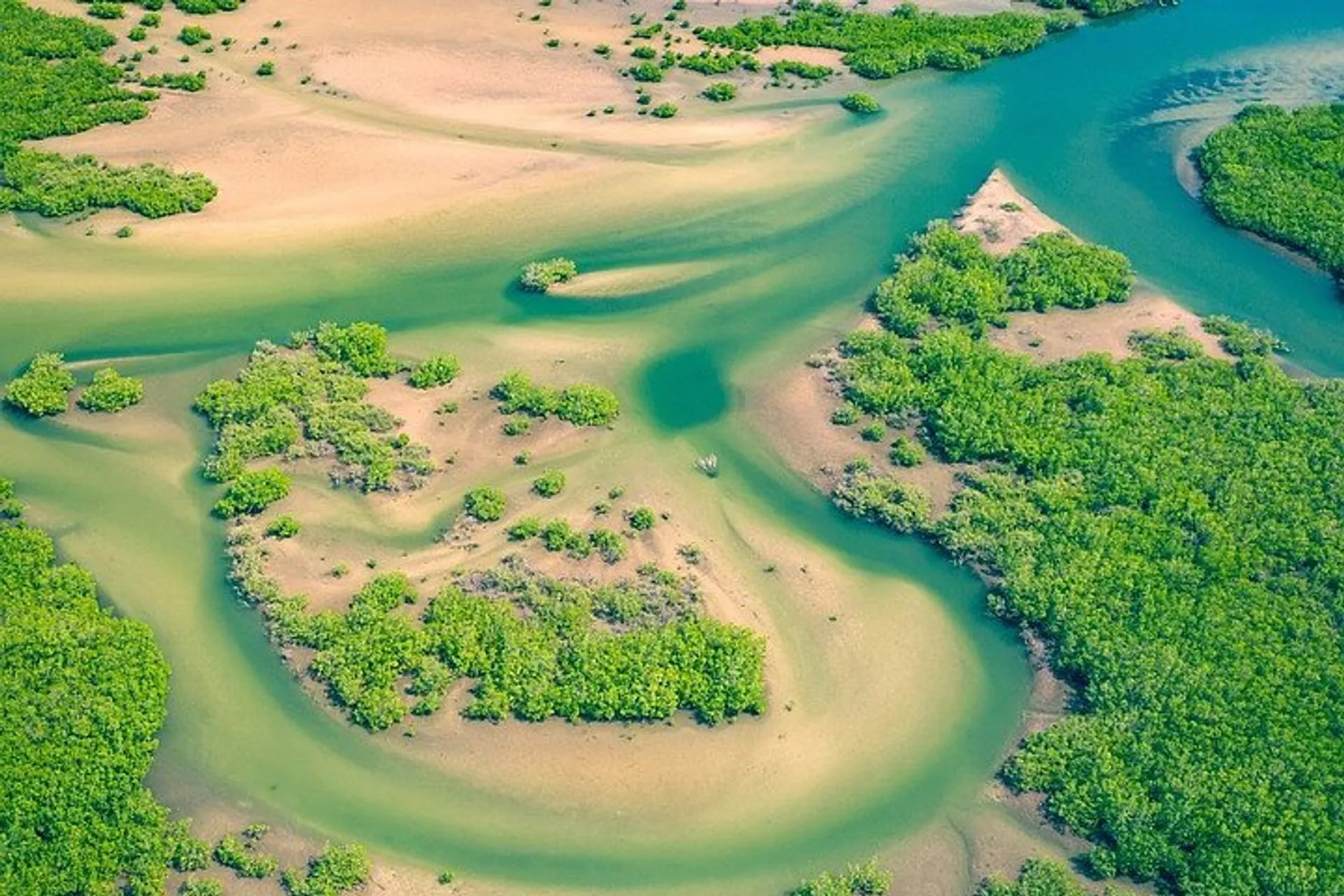
We are promoting a project to create carbon credits by utilizing the vast mangroves in the Philippines.
Paddy field (AWD)
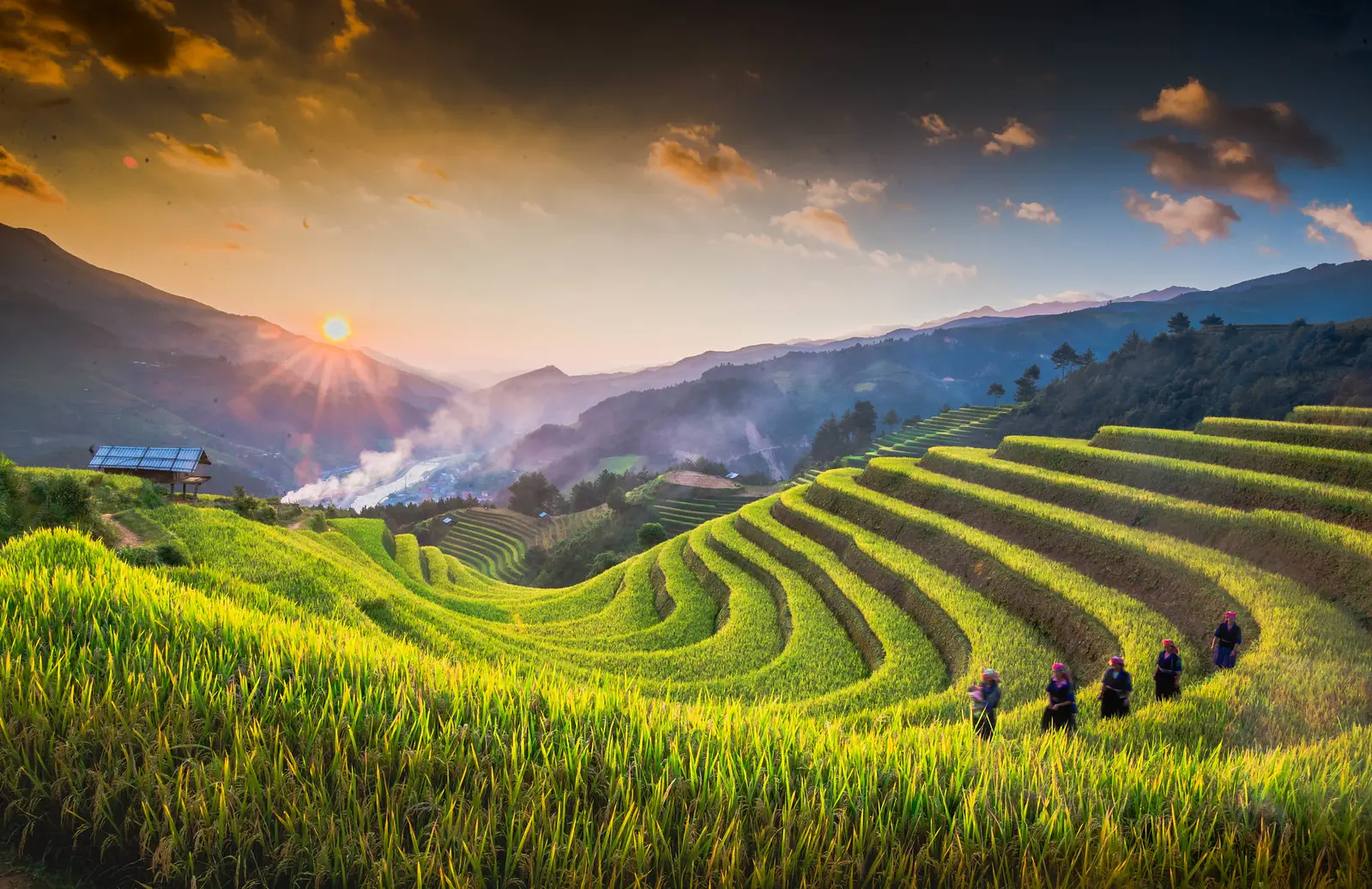
AU methodology, we are promoting a project to generate carbon credits through AWD (Alternate Wetting & Drying). The project is being implemented mainly in Southeast Asia, with demonstration projects in the Philippines in collaboration with universities and states, and in Vietnam and Bangladesh, where projects have also been established and are in the process of being implemented. In addition to voluntary credits, we are also promoting projects that utilize the JCM scheme.
Biochar
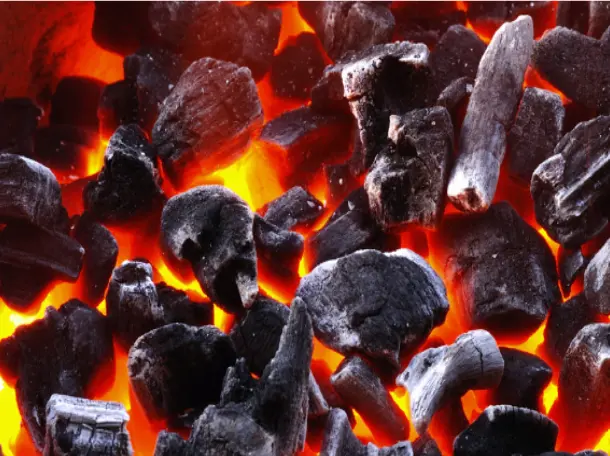
We are developing carbon credit projects through the production of biochar from sustainably sourced biomass, utilizing methodologies such as VM0044, Puro earth, and Isometric. In Thailand, we have signed an MOU with the Rubber Authority of Thailand (RAOT) to promote biochar production using rubberwood residues from approximately 4 million hectares of plantations. In Cambodia, we are working with Amru Rice to convert rice husks into biochar. In the Philippines, we have partnered with Alcom Carbon Markets to expand biochar-based carbon removal initiatives across Southeast Asia.
Paddy field (extended drying in the middle)
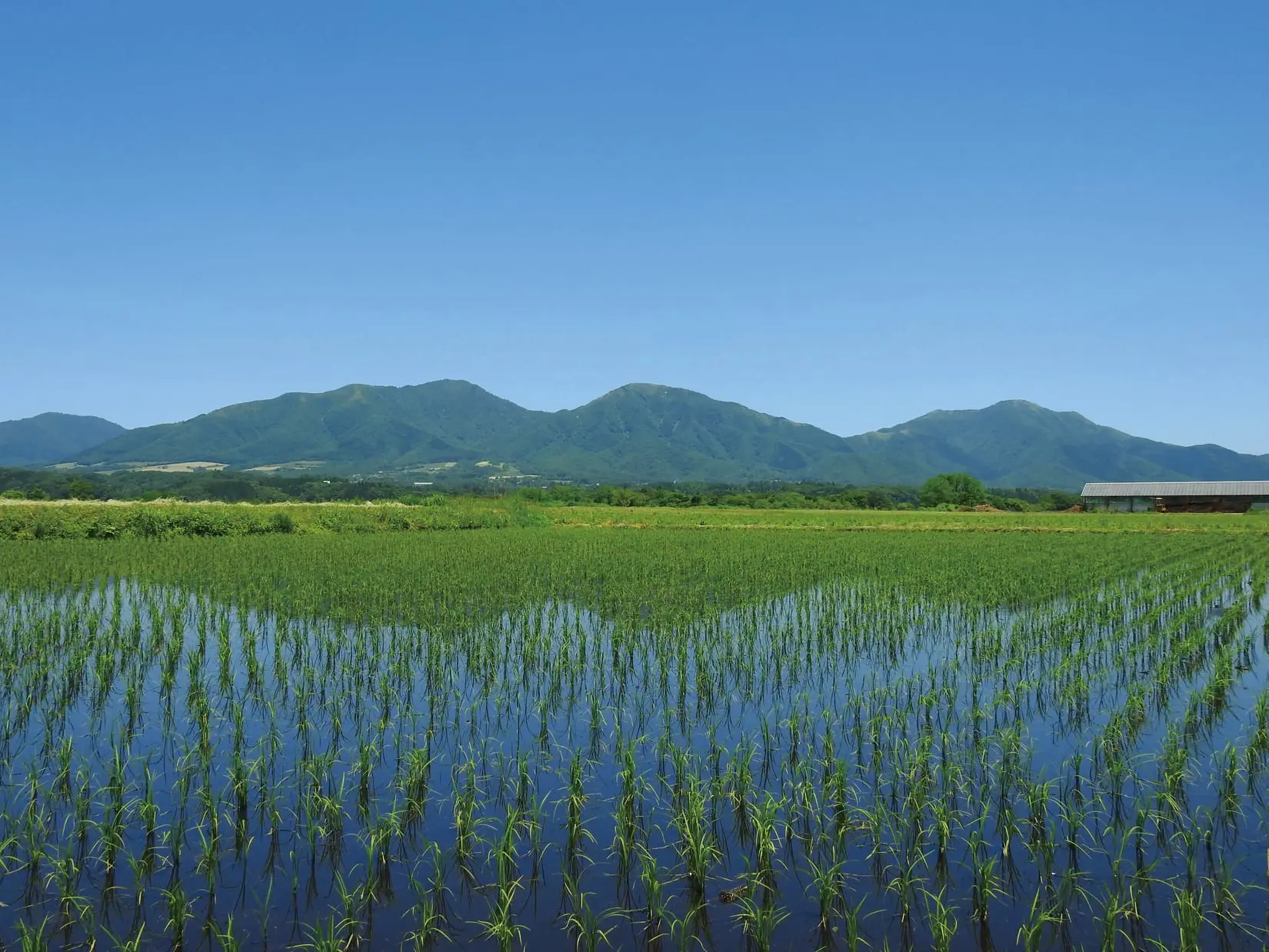
In order to utilize the newly approved methodology of “Extension of the Drying Period in Rice Cultivation” approved by the J-Credit Steering Committee on March 1, 2023, we have established a rice farming consortium and are proceeding with a project to reduce methane gas and generate J-Credits through this methodology. Our rice farming consortium’s efforts have been highly evaluated and approved as the first project by the Ministry of Agriculture, Forestry and Fisheries.
